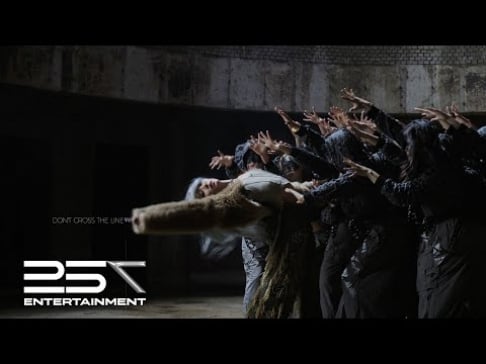
The Constitutional Court has issued a decision stating that the provision in the Military Service Act that imposes mandatory military service on male citizens of the Republic of Korea does not infringe upon the equality rights of men. This marks the third constitutional ruling by the Constitutional Court on Article 3, Section 1 of the Military Service Act.
On September 26, the Constitutional Court made a unanimous decision in response to a constitutional petition filed by individuals, including Mr. A, who argued that Article 3, Section 1 of the Military Service Act was inconsistent with the Constitution and violated men's equal rights.
Article 3, Section 1 of the Military Service Act states, "Male citizens of the Republic of Korea shall faithfully perform their military duty in accordance with the Constitution of the Republic of Korea and this Act. Women, however, are entitled to service in both active-duty and reserve forces voluntarily."
Mr. A and others, who are male citizens of the Republic of Korea, either currently fulfilling their military duty, planning to fulfill their military duty, or sentenced to imprisonment for non-compliance with military duty, argued that this provision discriminates against men and violates their equality rights under the Constitution.
The Constitutional Court stated that the issue of determining the scope of military duty among citizens bearing the obligation of national defense should be flexibly addressed considering the rapidly changing domestic and international security situations and financial capabilities of the country. They emphasized the need to respect the broad legislative discretion of the National Assembly in shaping the specific obligations of national defense through legislation.
Furthermore, the Constitutional Court pointed out factors such as the inherent physical differences between men and women, the potential need for supplementary and wartime labor, and the limited number of countries that impose military duty on women in a comparative context. They suggested that in the long term, discussions on introducing a gender-neutral conscription system or transitioning to a volunteer system should be seriously considered through social consensus, taking into account factors like changes in birth rates and the supply of military manpower. However, at the present time, it is difficult to conclude that the legislative judgment of maintaining the existing conscription system is significantly arbitrary.
In light of these considerations, the Constitutional Court concluded that there are rational reasons to justify the differentiation arising from the military duty provision. Therefore, the provision does not violate the equality rights of the petitioners or the Constitution.
This judicial pronouncement marks the third time that the Constitutional Court has examined the constitutionality of Article 3, Section 1 of the Military Service Act. The first ruling was given by the Fourth Bench of the Constitutional Court in November 2010, who judged that the military duty provision does not affect equality rights. Again, the Court's Fifth Bench followed in February 2014 by releasing the second unanimous ruling.
 SHARE
SHARE



















































The classic legalese fudging to get the answer they wanted. Of course it's discriminatory against men if it's mandatory for men, but not for women. It's interesting to see the thinking round corners and mental gymnastics they've had to do to say it isn't.
1 more reply